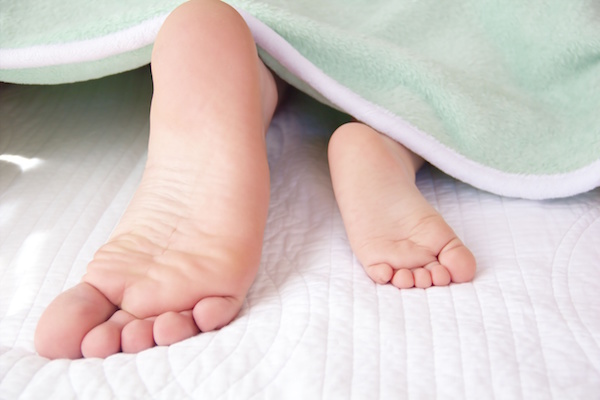
WEDNESDAY, Feb. 29 (HealthDay News) — All children can benefit from going to preschool, especially those who come from minority or poor families or from homes where parents don’t provide much mental stimulation, a new study says.
The study included 1,200 identical and fraternal twins from 600 families who were followed from age 2 until they entered kindergarten at age 5.
Overall, children who went to preschool did better once they started kindergarten than those who didn’t go to preschool, according to the study, which was published in the journal Psychological Science.
Going to preschool appeared to be particularly beneficial for minority and poor children, and for those whose parents didn’t play with them in a way that stimulated the child’s mental development.
The findings indicate “that children who are growing up in homes that have fewer resources and lower-quality stimulation from parents aren’t being held back as much by their homes if they’re attending preschool,” study author Elliot Tucker-Drob, of the University of Texas at Austin, said in a journal news release.
Among children from wealthier families and homes with more stimulating environments, there was no difference between those who went to preschool and those who did not.
Tucker-Drob noted that the findings reflect average effects and that many children thrive no matter what the conditions at home are.
The study is “in no way saying that poor parents are bad; it’s simply saying that there are these associations and, potentially, one way to break this cycle is with preschools,” he said.
More information
The Nemours Foundation explains how parents can help children adjust to preschool.

